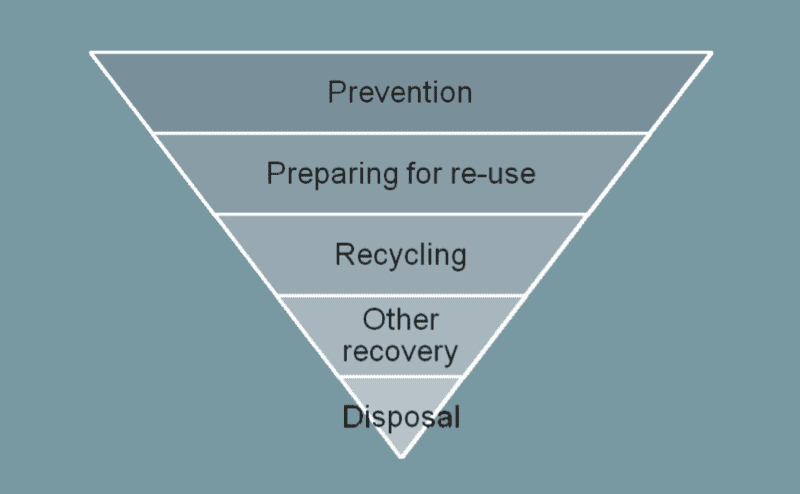So, you’ve come up with a product that is both sustainable and helps the planet be a safer and more healthy place, fabulous! The more sustainable businesses the better. Whether you have already put the wheels in motion or are just about to start, there are likely some additional ways that your business can support its core value of sustainability. Read on for three simple sustainable tips for your startup…

Simple Sustainable Tips
1. Reduce your packaging
There is a great deal of pressure on companies to address the way products are packaged, which is much needed. If you’re able to reduce the amount of packaging your products arrive in, then that’s a great place to start.
According to the European Consumer Packaging Perceptions Study (2018), as many as 90% of shoppers in seven European countries want on-pack information about packaging sustainability.
-Eco-Age
If reducing your packaging is simply not an option, then you need to address the type of materials used for the product packaging and ensure it is labelled correctly. Consider using materials that are reusable, so the customer can reuse their box or bag again and again, thus avoiding future waste. Find a provider that offers packaging solutions on-demand with recyclable boxes. Using recyclable boxes that fit your products is a small and simple change that can make a massive difference in reducing C02 emissions. Remember the waste hierarchy…

2. Recycle your old electronics
Businesses tend to use lots of electronics. Indeed, sustainable businesses that are looking to cut down on paper and other resources will have an increased need to stay on top of the electronic and IT trends.
Unfortunately, most electronics have a finite lifespan, and this can create problems for the environment when it comes to disposal. After all, not only are lots of resources used in creating electronic devices, but they also contain materials that can take millions of years to degrade, as well as elements that can be toxic to the environment.
Business owners looking to improve sustainability must correctly dispose of electronics, and recycle them wherever possible. There are plenty of options to consider here as well, such as restoring old phones to factory settings and then selling them for parts, something that can help you gain back some of the initial spend or donating old gadgets to charities in need, such as The Air Ambulance Service.
Another option is to choose electronics from a brand that has an active trade scheme. So, when it comes time to upgrade you know that your old items will be put to good use, and you will get a discount against new items as well.
3. Remote working first
The number of people who work from home has increased by 140% since 2005 (Global Workplace Analytics). Of course, over the last year or so many businesses have had no choice but to work remotely, which has been a struggle for many depending on home/ space limitations. However, the remote business model is far more environmentally friendly. Indeed, it not only saves precious resources such as energy used in lighting and heating, and water but also vastly reduces the consumption of fuel used on commutes to and from work. Something that means much less pollution is released into the atmosphere. Of course, a remote business set up is also cheaper to run, which is good news for your company’s bank balance as well as the environment.
Companies that allow remote work have 25% lower employee turnover than those that don’t.
-Owl Labs
The good news is that even if you can’t swap to a full remote set up right now, going remote for at least part of the working week can be a good intermediary step. It’s likely to be seen as a bonus by your employees too, as it provides them with more free time and a better work-life balance.
Hopefully these simple sustainable tips will spark a little inspiration when creating and running your eco-friendly startup.
Photography by Toa Heftiba




